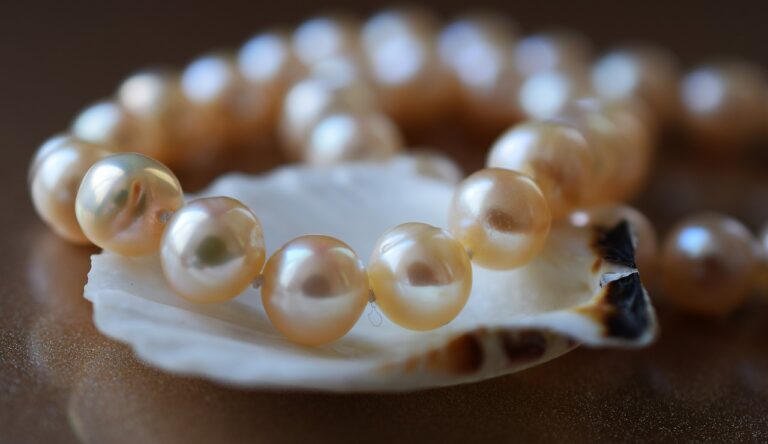Fashion Event Sustainable Textile Innovation: Showcasing Eco-Friendly Fabric Technologies: Allpannel, Lotus bhai, Allpaanel com mahadev book login
allpannel, lotus bhai, allpaanel com mahadev book login: Fashion Event Sustainable Textile Innovation: Showcasing Eco-Friendly Fabric Technologies
Fashion has long been synonymous with trends, luxury, and style. However, in recent years, there has been a growing emphasis on sustainability within the industry. Consumers are becoming more conscious of the environmental impact of their clothing choices, leading to a shift towards eco-friendly and ethical fashion practices.
One area that has seen significant innovation in recent years is sustainable textile technologies. From fabrics made from recycled materials to biodegradable fibers, there are now more options than ever for designers and brands looking to create eco-friendly clothing. This shift towards sustainability was on full display at a recent fashion event showcasing the latest in sustainable textile innovation.
The event brought together designers, brands, and experts in the field to showcase and discuss the latest advancements in eco-friendly fabric technologies. From innovative production processes to cutting-edge materials, the event highlighted the ways in which the fashion industry is working towards a more sustainable future.
One of the key themes of the event was the use of recycled materials in fabric production. Designers showcased pieces made from recycled plastic bottles, discarded fishing nets, and even old denim jeans. These materials are not only environmentally friendly but also offer unique textures and finishes, adding a new dimension to sustainable fashion.
Another highlight of the event was the use of plant-based and biodegradable fibers in fabric production. Fabrics made from materials such as hemp, bamboo, and even seaweed were on display, showcasing the versatility and potential of these natural resources. These plant-based fibers not only have a lower environmental impact than traditional materials but also offer benefits such as breathability and moisture-wicking properties.
In addition to materials, the event also focused on innovative production processes that minimize waste and energy consumption. From 3D printing to zero-waste pattern cutting, designers are exploring new ways to create clothing that is both stylish and sustainable. By integrating these technologies into their practices, brands can reduce their carbon footprint and contribute to a more circular fashion economy.
Overall, the fashion event was a testament to the industry’s commitment to sustainability and innovation. By showcasing eco-friendly fabric technologies, designers and brands are paving the way for a more sustainable future for fashion. As consumers continue to prioritize sustainability in their purchasing decisions, it is clear that eco-friendly fabrics will play a key role in shaping the industry moving forward.
FAQs:
Q: What are some common eco-friendly fabrics used in sustainable fashion?
A: Some common eco-friendly fabrics used in sustainable fashion include organic cotton, hemp, bamboo, and Tencel (made from wood pulp). These materials have a lower environmental impact than traditional fabrics and are often produced using sustainable practices.
Q: How can consumers support sustainable fashion?
A: Consumers can support sustainable fashion by choosing brands that prioritize sustainability, buying fewer but higher-quality pieces, and opting for clothing made from eco-friendly materials. Additionally, consumers can also participate in clothing swaps, thrift shopping, and upcycling to reduce their environmental impact.
Q: Are sustainable fabrics more expensive than traditional fabrics?
A: In some cases, sustainable fabrics may be more expensive than traditional fabrics due to their production processes and materials used. However, as demand for sustainable fashion grows and technology advances, the cost of eco-friendly fabrics is expected to decrease, making them more accessible to consumers.







